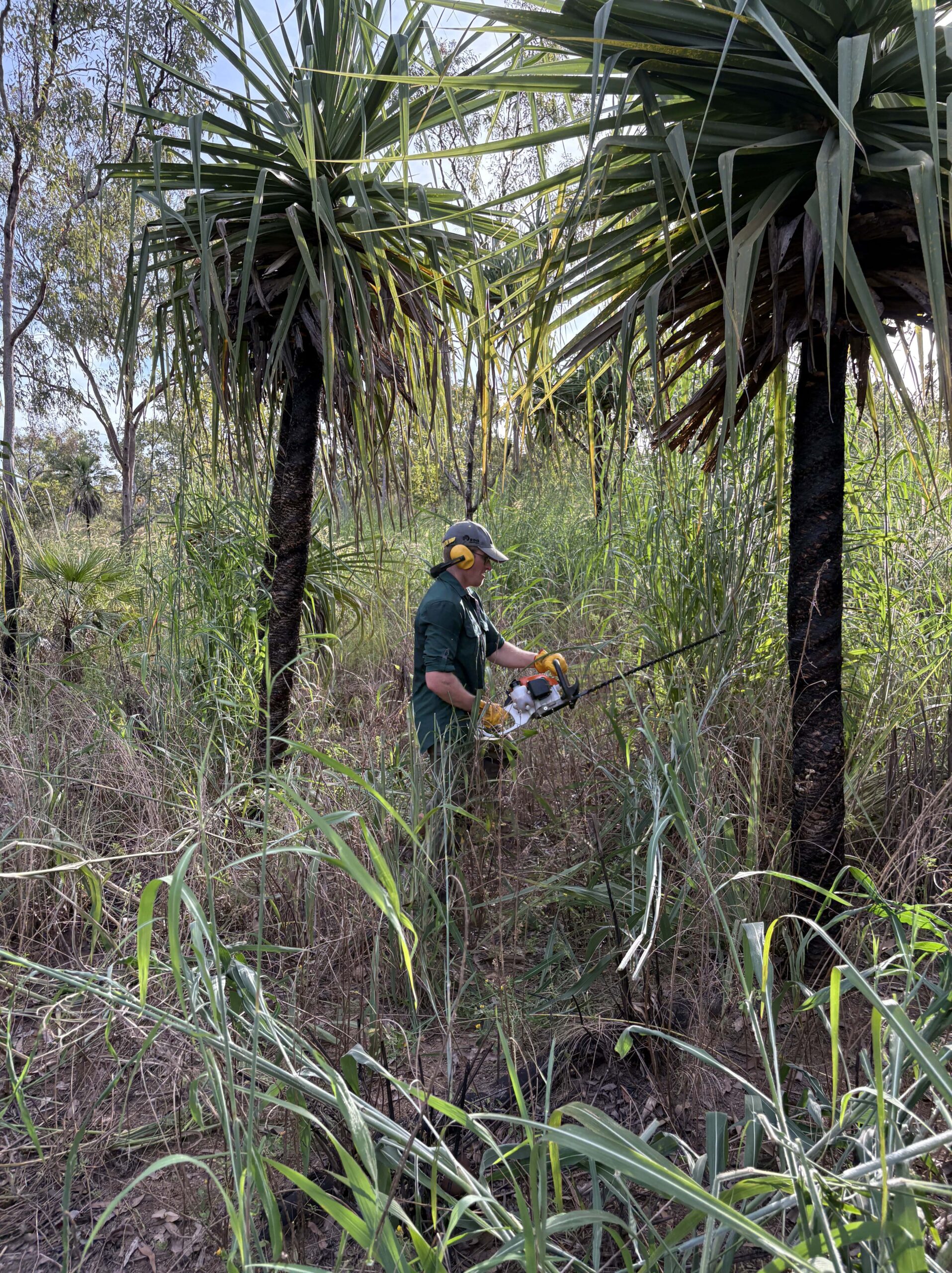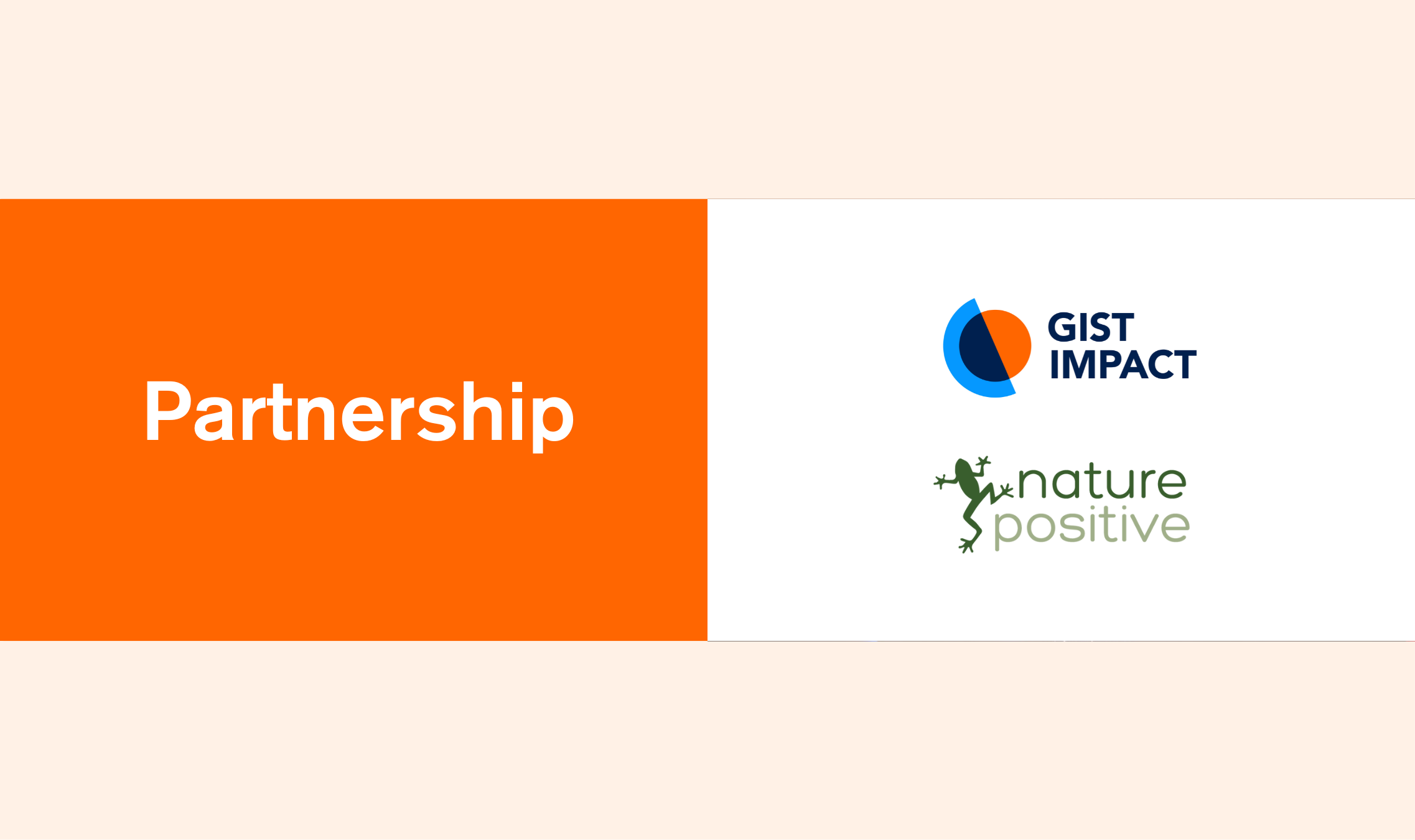What businesses need to know about the Transparent Project results
The eagerly anticipated results of the Transparent Project are live. Developed through a partnership between The Capitals Coalition, the Value Balancing Alliance, the World Business Council for Sustainable Development (WBCSD), this initiative sets a new benchmark for transparency and impact assessment in the business world.
The European Union Continues its Leadership
The initiative is funded by the European Union (EU), and showcases once again the EU’s continued commitment and leadership in recognising the impacts companies and financial institutions have on the planet and society, as well as looking at nature and biodiversity holistically.
The Transparent Project must be seen in context of major regulations, notably the Corporate Sustainability Reporting Directive (CSRD) that mandates double materiality in sustainability reporting from 2024, and covers a broad gamut of nature disclosure that go far beyond carbon and net zero reporting.
Alignment on Natural Capital Impact Methodology
The Transparent Project formalises and details an aligned approach to natural capital impact valuation. This builds on a continual evolution over more than a decade, marked recently by the formation of the Natural Capital Protocol, consolidation into the Capitals Coalition, industry-shaping publications like the Dasgupta Review, and in alignment with the recent developments made by the International Foundation for Valuing Impacts (IFVI), founded by Sir Ronald Cohen.
This methodology represents the next critical step in the evolution of sustainable business practices. It provides businesses with a comprehensive framework to quantify and evaluate the impact of their activities on natural capital, covering impact drivers: GHG emissions; Non-GHG emissions (air pollution); Water consumption; Water pollution; Land use and Solid Waste. At GIST Impact we have been following this approach with our clients for years, making impact calculations seamless through our data and software.
An Important Voice for Small and Medium-sized Businesses
Drawing from the extensive consultation process, the Transparent Project also acknowledges the unique challenges faced by SMEs under Topic 3 of its consultation paper. The Transparent Project calls for specific considerations to be made to help SMEs when measuring the impact on Natural Capital. By providing targeted support, the project can empower SMEs to take active roles in sustainable practices and impact measurement.
Debunking the Myth: Impact Measurement Made Easy, even for SMEs
Contrary to some misconceptions that measuring impacts in line with the guidance provided by the Transparent Project is an insurmountable task, there are easy tools and data to help large and small businesses in the process.
GIST Impact, the leading organisation in trusted, standards-aligned impact measurement, offers accessible data and tools to facilitate the process.
Among these resources, the SME360X tool stands out as a game-changer for small businesses. Developed in partnership with the International Chamber of Commerce, representing a staggering 45 million businesses globally, SME360X provides SMEs with a user-friendly platform to assess and manage their environmental impacts in line with Transparent Project guidance.
In fact, working with UPS and their successful Green Exporters Program, the SME360X tool is already playing its part in the program to connect small businesses to the world.
The Transparent Project and Regulatory Progression
The Transparent Project also serves as a significant stepping stone towards upcoming regulatory developments. Set to be disclosed in September, the Task Force on Nature-related Financial Disclosures (TNFD) aligns with the project’s goals and objectives. Furthermore, the Transparent Project’s results are in line with the Corporate Sustainability Reporting Directive (CSRD) regulations, which mandate reporting starting in 2024. These regulatory advancements will enhance transparency and accountability relating to Natural Capital, promoting more responsible business practices worldwide.
Conclusion: A Pathway to a Sustainable Tomorrow
The publication of the Transparent Project results represents a pivotal moment in the pursuit of a sustainable future. Through collaboration between key organisations and the support of the EU, this project is breaking barriers and setting new standards for transparency and impact assessment.
With the natural capital impact valuation methodology, the Transparent Project enables businesses to understand and quantify their impact on natural capital accurately. By acknowledging the importance of SMEs, the project ensures that businesses of all sizes can actively contribute to sustainable practices. Contrary to common misconceptions, measuring impacts is made accessible through tools like SME360x, offered by GIST Impact. Moreover, the Transparent Project serves as a stepping stone towards regulatory advancements, including TNFD and CSRD, which will foster greater transparency and accountability in reporting environmental impacts.
As we move forward, let us embrace the lessons learned from the Transparent Project and work together to build a transparent, sustainable future. By understanding and valuing our impact on natural capital, we can create a more resilient and equitable world for generations to come.






